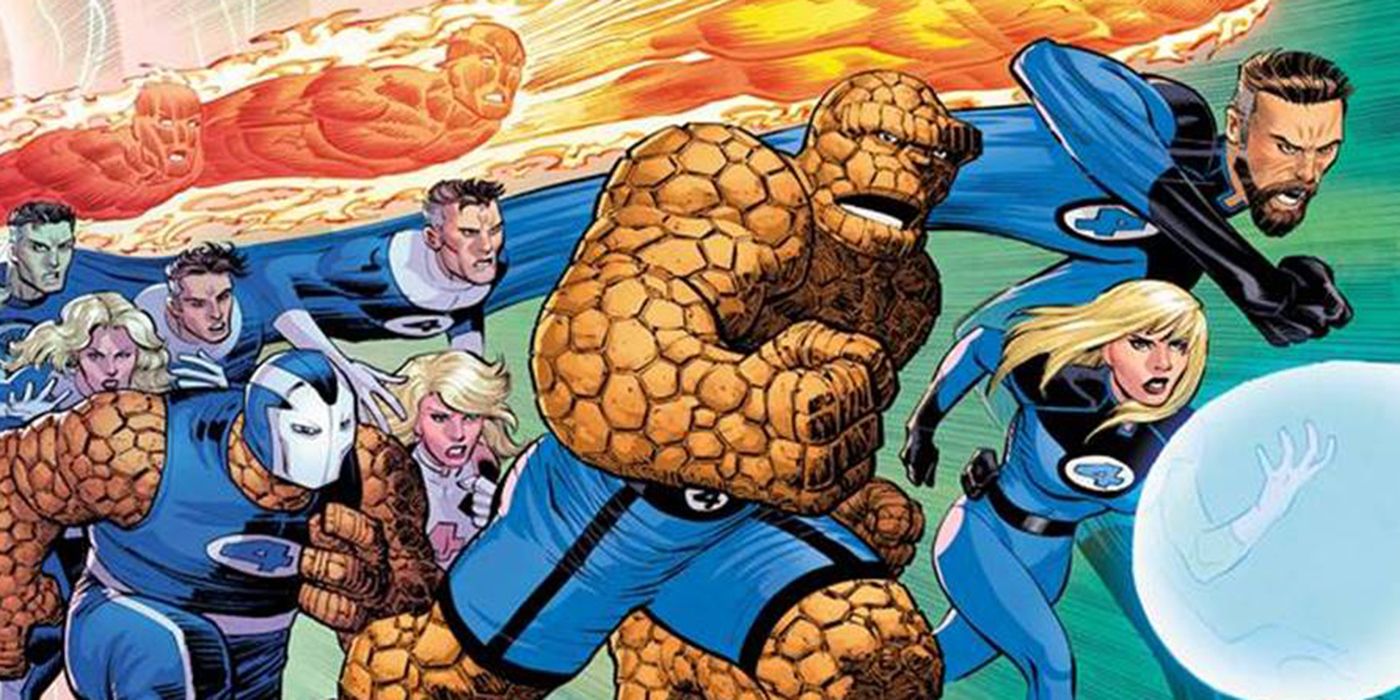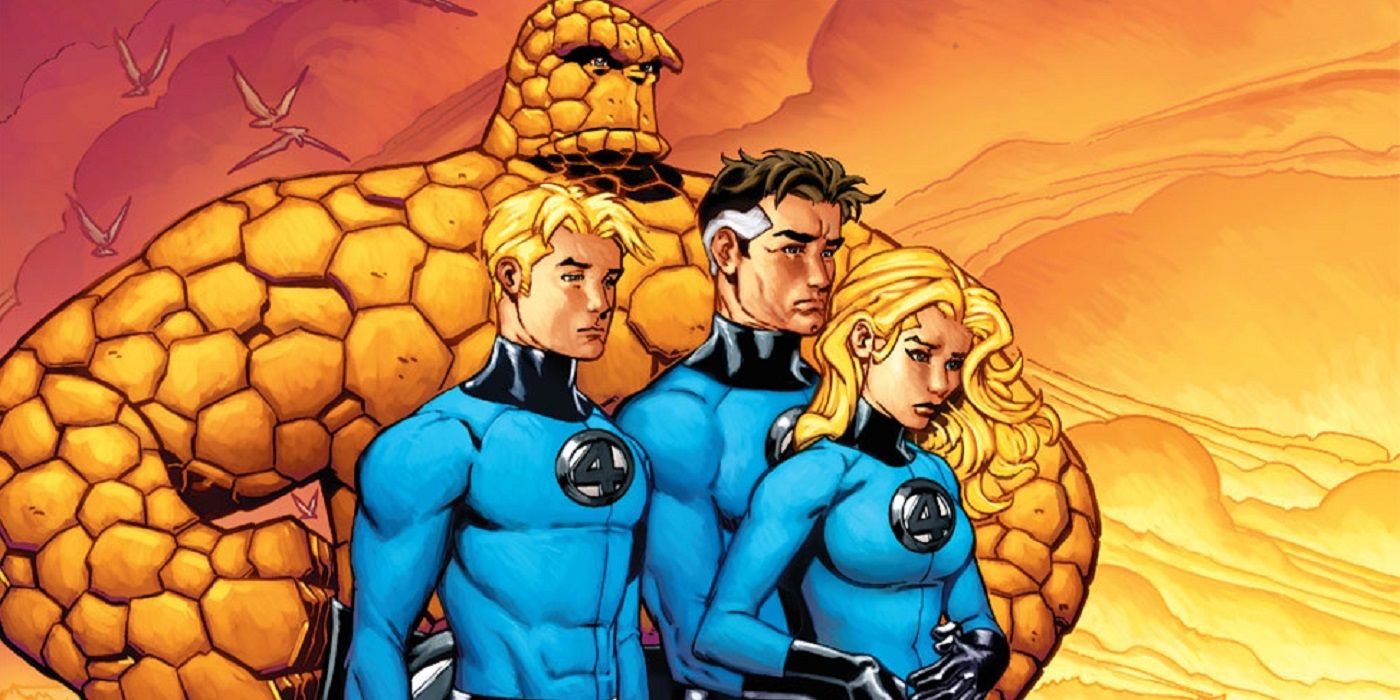The Fantastic Four are set to make their Marvel Cinematic Universe debut in the near future. As a result, there have been plenty of ideas on how the team could come to the MCU and in what form or method should they be introduced.
Some fan theories have even suggested the film take place in the 1960s and eventually move the characters from that era to the modern-day. This is quietly a terrific idea for how the MCU could approach the team, effectively utilizing one of Captain America's most enduring elements to help define the entire team.
Captain America being a man out of time gave his character personal loss and disconnect that benefited his growth. Steve Rogers was a man defined by a simple morality from an era where good and evil were easier to see. This gave him a unique perspective in a more complex modern age when his allies would cross serious moral lines, or he could understand the motivations of "terrorists" like Wanda Maximoff in Avengers: Age of Ultron. Ultimately, it was one of the ways the MCU made him stand out against the rest of the heroes, giving him the feeling of being a different sort of man than his allies. A similar tactic could have the Fantastic Four harken back to the 1960s and have that era define them to an extent. If they originated from over 50 years ago, they could adopt key aspects of that idea.
It could give the Fantastic Four the same kind of loss as Captain America but could be shaded with different aspects of culture. The 1960s was a period of experimentation and revolution, particularly in the United States. Civil rights were a major factor in the American experience, and counter-culture embraced a partying lifestyle. Both of these aspects would make easy shorthand for Sue and Johnny Storm, respectively. A large part of Sue's original story was her growth from the Invisible Girl into the more confident Invisible Woman. Having her shift from the beginnings of Second-Wave Feminism to a more modern version could highlight the progress made (and how much more there is to do) with women's rights in America.
Meanwhile, Johnny Storm is usually introduced as a flirtatious hothead who loves a good party. While this would have made him popular in the '60s, it's become an entire industry and way of life in the social media age. Johnny shifting from one to the other could be a good source of comedy -- or even highlight the differences between that time and the present and how much Johnny needs to grow up. Being locked in a different era entirely would help isolate Ben Grimm even more after becoming the Thing, setting up the possibility that Yancy Street (like much of New York) has radically changed in the last half-century. This could also help set up the charming Grimm as the true inheritor of Steve's place as the out-of-touch but noble emotional core of the superhero community.
Reed Richards offers perhaps the most enticing possibility of starting in the bygone age and shifting to the present day. He could have been a man ahead of his time for his original era, and moving to modern times could offer a wealth of possibilities. He could also be someone locked in the 1960s' aesthetic and culture, forced to confront his mistakes and shortcomings in a more modern age. Placing the Fantastic Four in an era they weren't born in would help cement all these elements while also codifying their ability to come together as a family, regardless of the curveballs life throws at them. It also allows the MCU to continue to have the same kind of connection to its comic book history that Captain America afforded it -- but with a unique energy thanks to the different decade.
Directed by Jon Watts, Fantastic Four does not yet have a release date.



